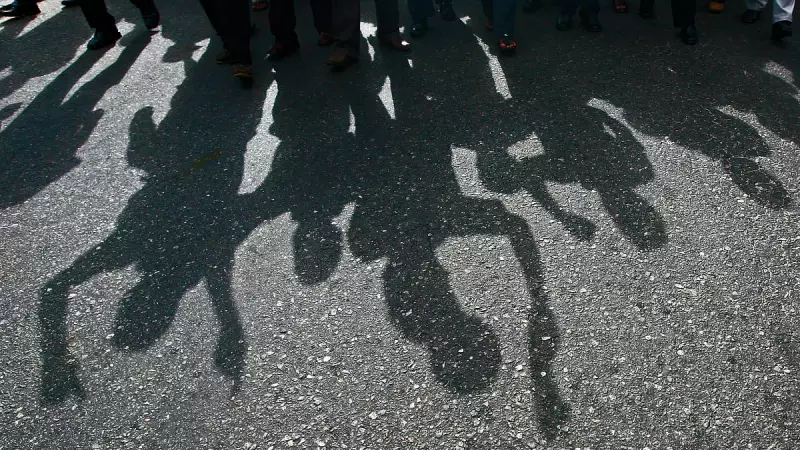
Two prominent Dalit organizations are locked in a tense standoff with Karnataka authorities after being denied permission to hold public rallies in the sensitive Chittapur region. The Dalit Panthers and Bhim Army have both sought official clearance for their respective events, but police have raised security concerns, citing potential law and order issues.
Security Concerns vs Democratic Rights
Local law enforcement has expressed apprehension about allowing the rallies in Chittapur, a region known for its complex social dynamics. Police officials have flagged the events as potentially disruptive to public peace, though specific threat assessments remain undisclosed.
The Dalit Panthers, represented by State President Manohar M., had planned their rally for December 29. Meanwhile, Chandrashekhar Azad's Bhim Army sought permission for a separate gathering on January 1. Both applications have met with resistance from the authorities.
Historical Context of Caste Tensions
Chittapur has been a flashpoint for caste-related conflicts in recent years, making any large-scale Dalit mobilization a sensitive matter for local administration. The region's demographic composition and history of inter-caste violence have made authorities particularly cautious about approving such events.
Dalit leaders argue that the denial of permission represents a systematic suppression of their constitutional rights to assembly and free speech. They maintain that their rallies are peaceful demonstrations aimed at highlighting ongoing caste discrimination and demanding better political representation.
Political Implications
The timing of these proposed rallies is significant, coming amid ongoing political realignments in Karnataka. Dalit votes constitute a crucial electoral bloc, and the handling of these permission requests could have far-reaching political consequences for the state government.
Both organizations have indicated they may explore legal options if permissions continue to be withheld. Civil society groups are closely monitoring the situation, with many viewing it as a test case for democratic freedoms in the state.
The standoff continues as Dalit activists weigh their next moves while authorities maintain their security-first approach to the proposed gatherings.





